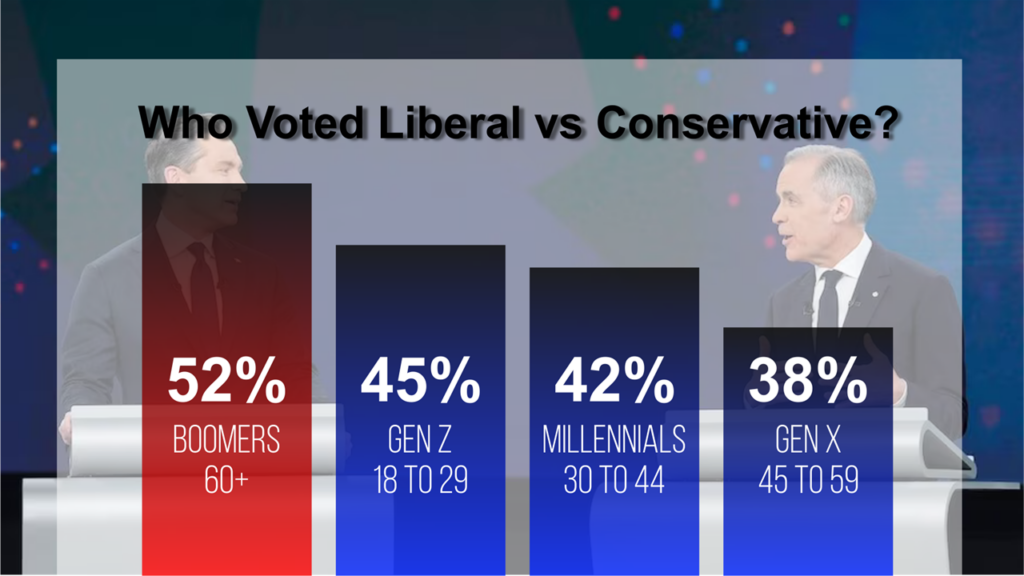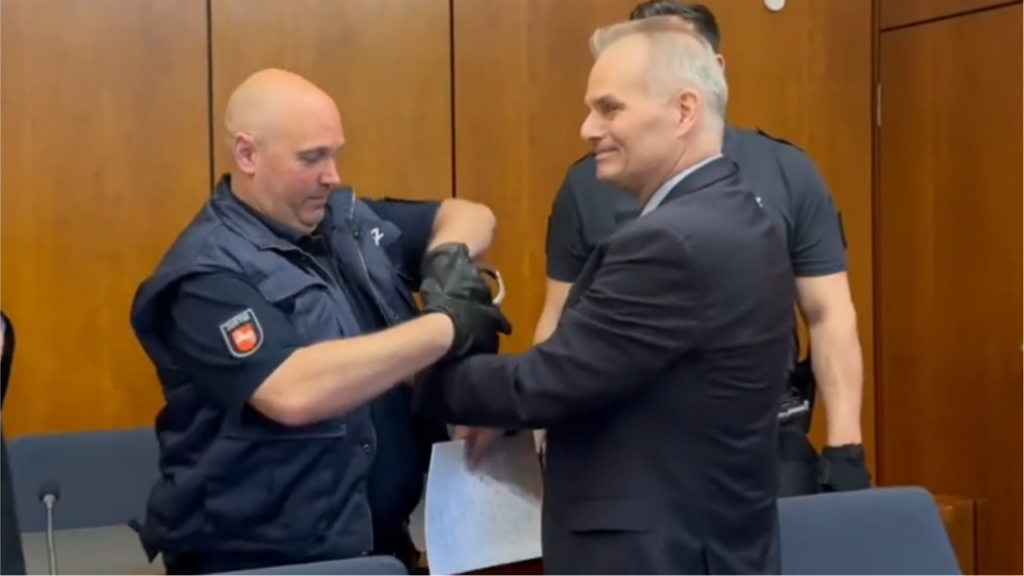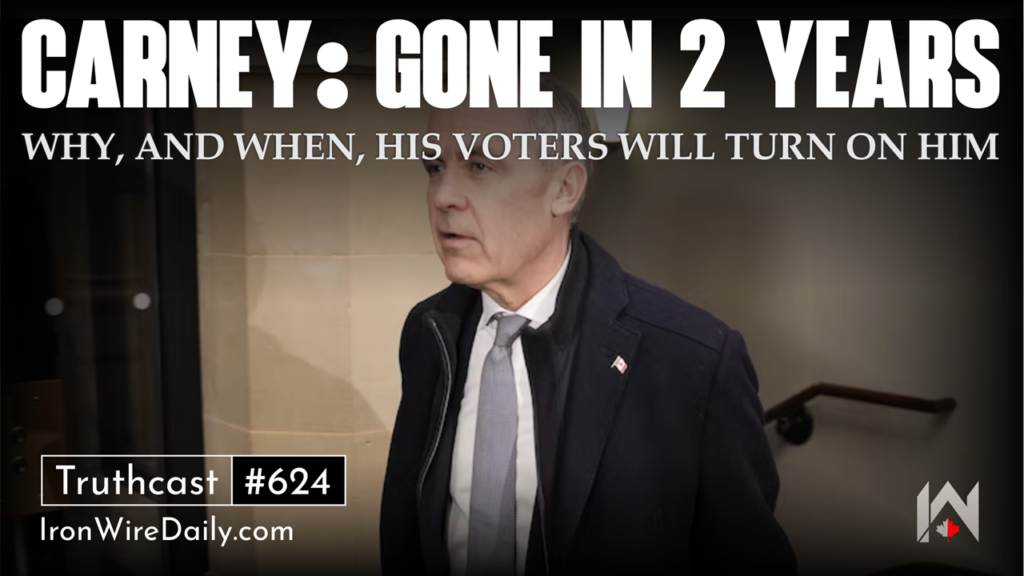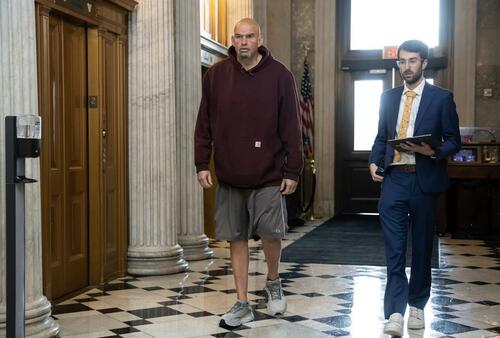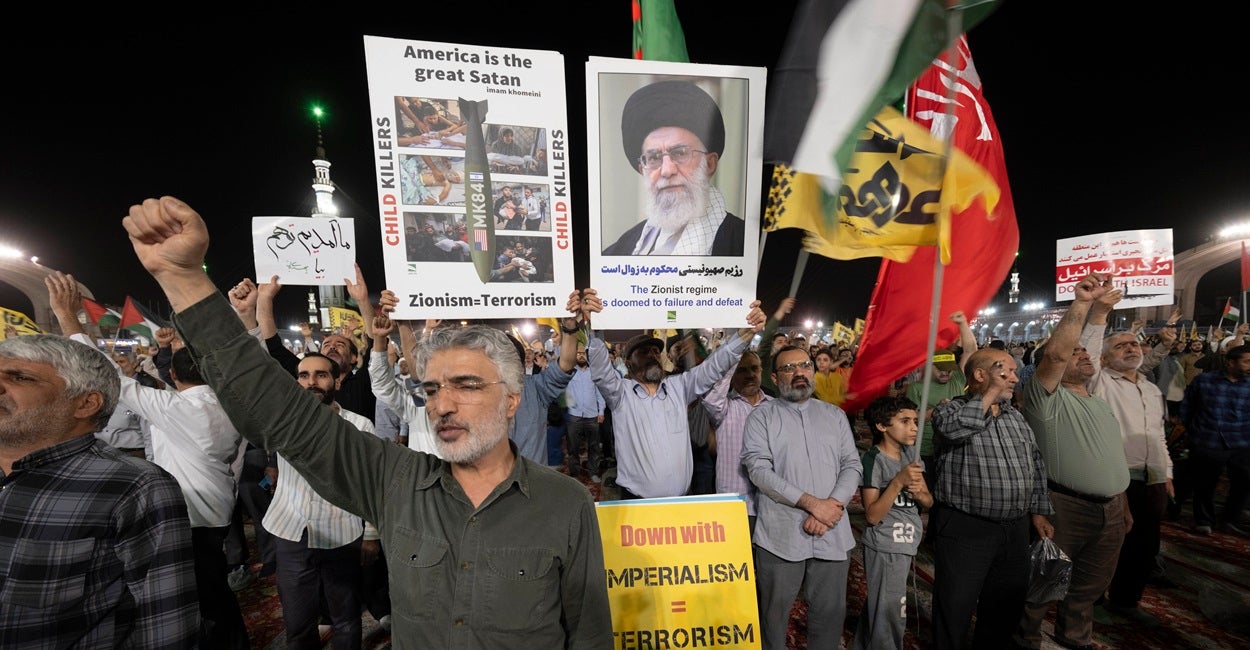After 12 years of Francis, faithful Catholics must not recognize the election of a heretic – LifeSite
(LifeSiteNews) — In his introduction to LifeSite’s recent article about eight cardinals who may succeed Francis, Bishop Joseph Strickland alluded to the role of the Catholic Church in recognizing whether or not the man elected by the conclave is truly the pope:
As St. Robert Bellarmine and others have taught, a heretic cannot be the head of the Church because he is not a member of it. Therefore, we must pray with great urgency — not only that the conclave chooses a worthy successor to St. Peter — but also for clarity and wisdom in recognizing whether the man elected is truly the pope.
In normal times, there would be little reason for Catholics to pray for clarity and wisdom in considering whether the elected cardinal is truly pope. However, as we can understand from the following considerations, the twelve years since the previous conclave have yielded a situation in which prudence requires that Catholics both pray for the best and prepare for the worst.
Twelve years of cardinals accepting and promoting heresies
For twelve years, Francis promoted various heretical ideas, meaning that many of the cardinals have publicly endorsed those heretical ideas. As Matthew McCusker discussed in his important article on the need for Catholics to reject the attempted election of a public heretic as pope, this presents a real problem for the conclave because public heretics are ineligible to become pope. McCusker cited canonists Fr. Francis X. Wernz and Fr. Peter Vidal for the Catholic teaching on the eligibility requirements for the papacy:
All those who are not impeded by divine law or by an invalidating ecclesiastical law are validly eligible. Wherefore, a male who enjoys use of reason sufficient to accept election and exercise jurisdiction, and who is a true member of the Church can be validly elected, even though he be only a layman. Excluded as incapable of valid election, however, are all women, children who have not yet arrived at the age of discretion, those afflicted with habitual insanity, heretics and schismatics.
Thus, the conclave could not legitimately elect a public heretic any more than it could elect Sister Nathalie Becquart (the “undersecretary of the Synod of Bishops,” also a public heretic).
One may argue that Jorge Bergoglio was surely a heretic before his election, but faithful Catholics around the world were not aware of his heresies. For better or worse, this is not the case today with respect to many of the cardinals considered most likely to be elected — many of them have publicly endorsed Francis’s heresies and even promoted some of their own.
As such, electing a public heretic at the upcoming conclave would be a far different matter than the previous conclave’s election of a man who would later reveal himself to be a heretic. As we know from the spiritual life, God judges our sins more severely according to our understanding of the evil involved. If the cardinals elect a known heretic, who is clearly ineligible to become pope, then they will surely invite God’s wrath as never before in the Church’s history.
Join Bishop Strickland’s novena for a holy pope:
Twelve years of futile attempts to correct and remove Francis
For most of Francis’s hostile occupation of the Vatican, many sought ways to
In his article on peaceful and universal acceptance of a pope, Matt Gaspers cited Cardinal Charles Journet’s analysis of the subject:
Validity and certitude of election. The election, remarks John of St. Thomas, may be invalid when carried out by persons not qualified, or when, although effected by persons qualified, it suffers from defect of form or falls on an incapable subject, as for example one of unsound mind or unbaptized. But the peaceful acceptance of the universal Church given to an elect as to a head to whom it submits is an act in which the Church engages herself and her fate. It is therefore an act in itself infallible and is immediately recognizable as such. (Consequently, and mediately, it xviii appear that all conditions prerequisite to the validity of the election have been fulfilled.)Acceptance by the Church operates either negatively, when the election is not at once contested; or positively, when the election is first accepted by those present and then gradually by the rest (cf. John of St. Thomas, II-II, qq. 1-7; disp. 2, a. 2, nos. r, 15, 28, 34, 40; pp. 228 et seq.).The Church has [the] right to elect the Pope, and therefore the right to certain knowledge as to who is elected. As long as any doubt remains and the tacit consent of the universal Church has not yet remedied the possible flaws in the election, there is no Pope, papa dubius, papa nullus. As a matter of fact, remarks John of St. Thomas, in so far as a peaceful and certain election is not apparent, the election is regarded as still going on.
The implication here is that immediate rejection of a heretic’s purported election to the papacy would signal that there is no peaceful and universal acceptance of the pope. This of course does not mean that there is a democratic element to the acceptance of a pope, but it does provide the limited means by which faithful Catholics can help safeguard the Church against illegitimate attempts to elect a known heretic.
Some may object that it is infeasible for a relatively small contingent of faithful Catholics to overcome what would likely be widespread support for a heretical pope. On this point, though, one must recognize that a striking number of those identifying as Catholic today are not Catholic, because they reject one or more dogmas of the Faith. Such pseudo-Catholics should be irrelevant for purposes of determining whether there is peaceful and universal acceptance of a pope by the Church. Indeed, their recognition of an openly heretical claimant to the papacy would of itself tend to indicate that they are not to be considered when determining whether there is peaceful and universal acceptance.
Twelve years of the Church’s enemies having free rein
Perhaps some would argue that it really is best to simply trust the hierarchy and accept the election of a known heretic; perhaps, they would argue, we should just have confidence that the Holy Ghost will always intervene to prevent the enemies of the Church from causing great harm to the Faith and souls. As much as we must trust Divine Providence, though, it is perfectly clear today that God wants us to fight the enemies that have been attempting to destroy His Church.
These enemies do not simply want to promote a more ecumenical or tolerant Church — they truly seek to rob the Church of everything that is holy and repurpose it as the moral authority of their diabolical plans. Twelve years ago this might have seemed like a conspiracy theory, but today it is perfectly obvious to those with eyes to see. This was never more clear than during the COVID pandemic of hysteria, in which bishops closed churches and encouraged the faithful to take untested, abortion-tainted vaccines. As reasonable as that might have seemed at the time to some people, it is now certain that they attempted to subvert the moral authority of the Church, which can only promote what is good and true, to promote evil. These enemies have also hijacked the institutions that belong properly to the Church and consequently, the true faith, to promote various aspects of the woke agenda. So, no, we cannot blindly trust the hierarchy’s response to the upcoming conclave unless we want to abet the Church’s enemies in their attempt to dismantle the Church.
Twelve years of God rewarding those who choose Him over the destroyers
One of the clearest signs of diabolical disorientation in the world today is the fact that so many nominal Catholics appeared to see nothing wrong with Francis and his collaborators endorsing essentially every other set of religious beliefs in the world other than those held by Catholics prior to Vatican II. Far from driving souls away from the unadulterated Faith, though, this persecution has generally led Traditional-minded Catholics to draw closer to what the Church has always taught. God is good, and He has continuously rewarded those who choose Him over the destroyers.
As it relates to the conclave, this should encourage us to set aside our human fears and trust in God’s grace. In his Imitation of Christ, Thomas à Kempis gave us holy wisdom for times such as this:
If we strove like valiant men to stand up in the battle, doubtless we should see our Lord help us from heaven. For He is ready to help them that fight and trust in His grace: Who furnishes us with occasions of combat that we may overcome.
We have learned from the past twelve years that we cannot honor God by surrendering to the Church’s enemies. We must instead trust in God’s grace to fight those who seek to destroy the Faith and lead souls to hell. If, then, the cardinals tell us that they have elected a man whom faithful Catholics truly know to be a public heretic, it seems that we can, in good conscience, immediately object that such a man is not eligible to be pope. In this regard, the remaining faithful cardinals who would object to the election of such a man would render a great service to the Church by publicly rejecting the election and, God willing, proceeding to elect an actual Catholic pope.
As Bishop Strickland wrote, “we must pray with great urgency — not only that the conclave chooses a worthy successor to St. Peter — but also for clarity and wisdom in recognizing whether the man elected is truly the pope.” Immaculate Heart of Mary, pray for us!
